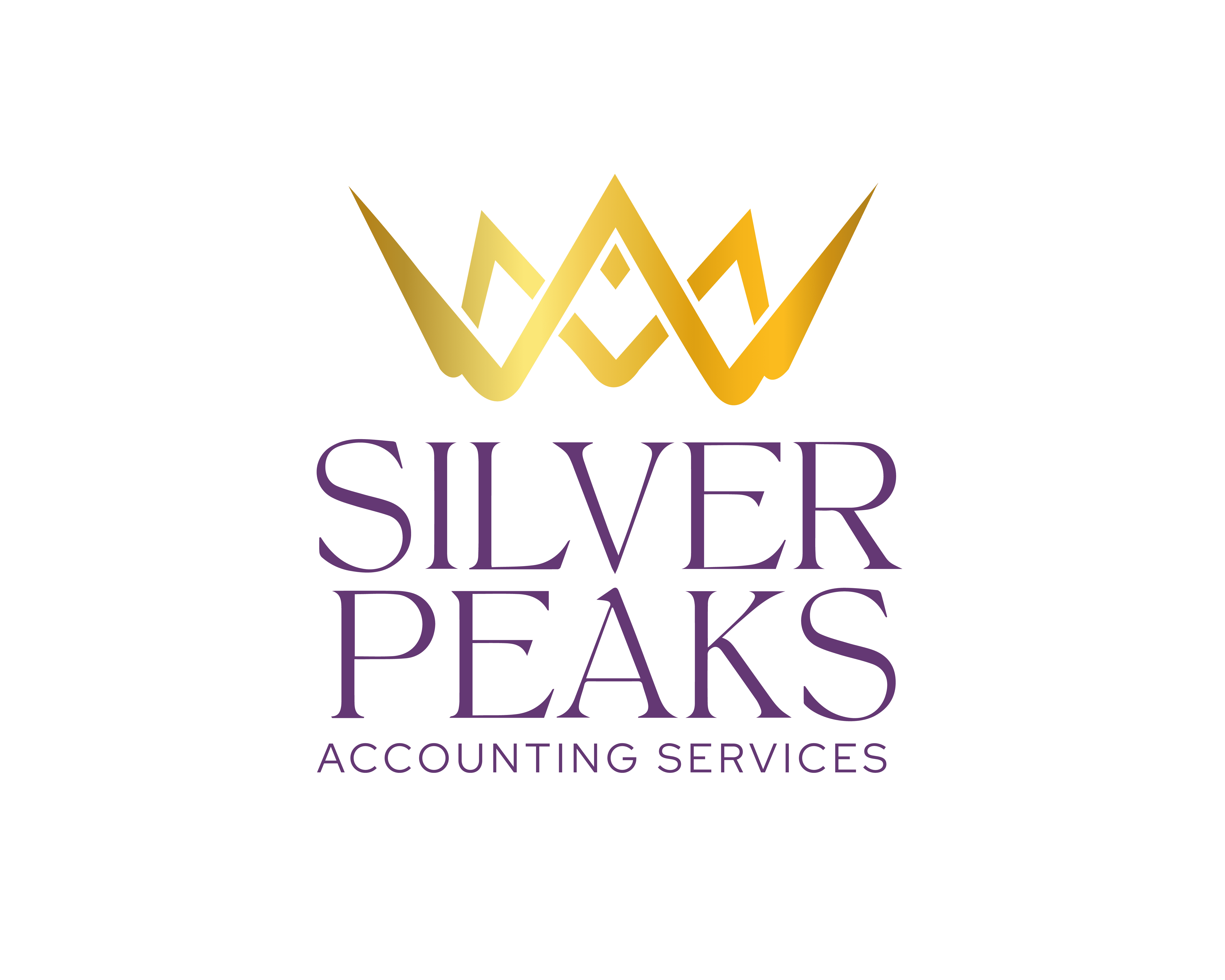If there’s anything we all learned from 2020, it’s that things can change in a heartbeat and that the unexpected can create real havoc. Though there’s nothing you can do to stop fate’s freight trains from barreling down the tracks, there are steps you can take to minimize the stress you feel in its aftermath. One of those steps is both simple and remarkable in the power of its impact: Start paying your bills ahead of time, before they are due.
At first glance, it may seem like paying bills early won’t change anything. But there are three important ways that it makes a big difference.
Boost your FICO® Score and your reputation while lowering your anxiety.
Have you ever found yourself unable to log on to your credit card’s payment site on the day that a bill was due? Not only will paying early eliminate that nightmare from your life, but at the same time it will lift your FICO® Score. More than one third of your credit score is based on whether you pay your bills on time, so getting into the habit of paying early can help a lot, especially if you’ve fallen behind in the past.
The other benefit that you can get from paying bills early is the boost you’ll give to the way your creditors view you. It’s known as a “halo” in the credit world, and though you may not think it makes a difference one way or another, imagine having always paid your rent ahead of time and then suddenly finding yourself short on funds, with a paycheck due two or three days after the rent’s due date. By having established a shiny halo for yourself, you have a much better chance of your landlord being willing to give you that two-or-three-day grace period that you need. And the halo isn’t limited to face-to-face creditors – it will also help you when it comes time to apply for a loan, as one of the first things a bank will look at within your credit score is your payment history.
Paying bills early costs less.
If you’ve ever paid your bills past their due date, then you immediately know one of the ways that paying early helps: You eliminate the additional expense imposed by late fees. But in addition to avoiding that penalty, there are also significant incentives and rewards available for those who pay ahead of time.
For one thing, eliminating late penalties will automatically lift your FICO® Score, and that means that you will likely qualify for lower interest rates on any loans you apply for, saving you plenty of money over the long term.
Additionally, there are some creditors who offer discounts to those who pay early. Check your local tax bill to see if you can get a break for paying your real estate tax ahead of time. Some hospitals will offer a discount of 3% for paying early as well.
Paying early improves your “credit utilization.”
Have you ever looked closely at your credit score and seen the term “credit utilization?” Most people don’t know what it means, but they should because it represents 30% of their score. It specifically refers to the amount of your available credit that you actually use. If you have a $5,000 spending limit on your credit card and your balance is $4,000, then your credit utilization is 80%. If your balance is $1,000 then your utilization is 20%. In the eyes of the banking world, a lower percentage of credit utilization makes you a safer risk and earns you a higher score. Banks don’t particularly like seeing utilization above 30%.
That is not to say that you shouldn’t use the available credit that you have, but you do need to understand how it works. Credit utilization is based on a moment in time, and specifically on the last day of your billing cycle. Every month on this statement closing date, your creditor calculates how much interest you owe them for any unpaid balance as well as the minimum payment due for the month. On the same day they report to Equifax, Experian and TransUnion about how much you owe relative to your credit – your credit utilization. If you have paid down your bill before the statement closing date – even by only a little – it reduces the percentage of your credit utilization ratio.
Most credit cards will indicate what your statement closing date is, but if it isn’t there then you can call customer service to find out. Just make sure that you remember that this early payment does not count towards the minimum payment due that will be reflected on your next month’s bill. You have to make a payment after the credit card statement has been generated for it to apply to that month’s payment. Even if you can’t pay your bill off in full each month, making a pre-closing date payment and a monthly minimum payment will help you lower your debt, and having the credit utilization lowered a bit will move the needle on your credit score.
Not everybody is able to pay their bills off every month, so trying to pay early can feel like an additional burden. However, making that small change is more about scheduling than about how much you pay – and it can really make a big difference. By starting with this step, you also can begin to think about your debt differently and start taking financial extras like bonuses, cash gifts or tax refunds and start using them to pay off bills.



